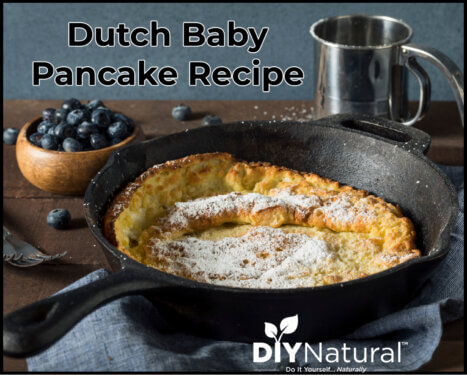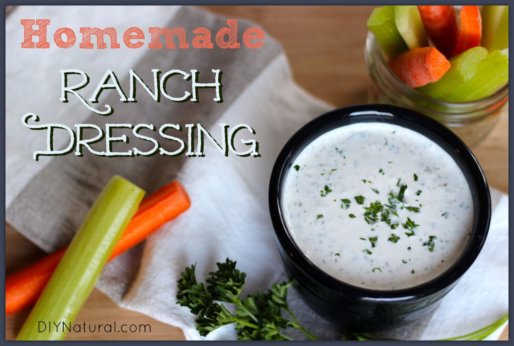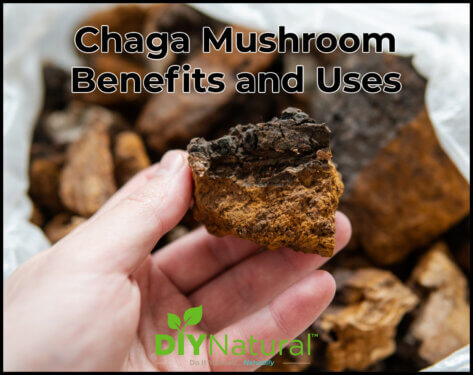The Dirty Dozen and Clean 15 lists will help you save money on groceries by knowing which foods should be grown in your garden or purchased as organic and which conventionally grown products are “clean” enough to be purchased from your local supermarket. Today we’ll focus on The Dirty Dozen list and you can see The Clean 15 list here.
The Dirty Dozen
This list contains the grocery items with the highest levels of chemical pesticides and fertilizers, growth hormones, antibiotics, or other harmful elements. If you are trying to buy more organic, healthy food or are simply looking for the most important foods to buy organically, this is the list you’ve been looking for. Buy all these foods as organic only, and locally grown/raised whenever possible.
- Meat and eggs – including beef, chicken, pork and eggs. Conventionally raised animals live in unsightly and cramped conditions amid excessive amounts of feces. They are injected with growth hormone to make them twice as big twice as fast, and are ravaged with disease and pumped full of antibiotics to avoid death. Does that sound like good eats to you? Instead purchase grass-fed, locally grown meat and eggs.
- Dairy products – this includes all milk products like cheese, butter, yogurt, cream, etc. Similar to the meat animals described above conventionally raised dairy cattle products should be avoided entirely. Opt instead for organic or local farm milk products where you can visit the farm, talk to the farmer, and have confidence in his practices.
- Apples – why not plant your own apple tree instead of a decorative tree? Until you do, and until it grows, stick to buying organic apples – Fuji’s and Honey Crisp’s are my favorites!
- Peaches – mmm, who doesn’t love peaches? Just be sure to buy them organically, their thin skin makes them soak up the chemicals when raised conventionally.
- Sweet Bell Peppers – growing a few bell pepper plants in your garden is easy, and they’re a beautiful sight to behold as they grow and turn colors when ripening. If you can’t grow your own, buy organic only.
- Celery – I have never grown celery, but I’m sure it isn’t rocket science. Purchase as organic or grow your own.
- Nectarines – purchase at the local health food store as organic only.
- Berries – including strawberries, blueberries, and cherries. Pick your own and preserve – now’s pick your own season – or purchase as organic at the health food store.
- Pears – you could plant a pear tree next to your new apple tree and reap the benefits in a few years; in the meantime buy organic.
- Grapes (Imported) – stick to organic grapes raised in the USA.
- Spinach, Kale, Lettuce and other Greens – another easy peasy thing to grow yourself, try eating more swiss chard and kale salads grown right from your garden or purchased at your local health food store.
- Potatoes – grow your own or buy organic.
UPDATE: Since the original publication of this article, the Environmental Working Group has added two more crops to the Dirty Dozen list, now referred to as the Dirty Dozen Plus. The “plus” two are:
13. Green Beans
14. Kale/Greens
Download a printable version of the list or get the app for your smartphone here.
For more information on the subject I encourage you to watch Food, Inc. and The Future of Food.
How to find local farms
Sometimes Betsy and I shop our local health food stores but prefer to shop farmer’s markets instead. It’s usually cheaper, the products are more often grown locally, and it affords us a chance to establish a relationship with the farmer so we can ask questions and possibly buy direct in the future. It’s not uncommon for us to call up our local farmers during the winter to restock on eggs, butter, cheese, chicken, raw honey and any number of other things.
Visit and use LocalHarvest.org to find your local farms, local farmers markets, and even community gardens (which are great if you don’t have room for a garden at home.)
If you haven’t already, take a minute to check out “The Clean 15” list – a list of conventionally grown products that have very low levels of chemical pesticides etc., that need not be purchased as organic.
*******



When was this article written? I have been reading the Environmental Working Group, Organic.com and other websites information on organic foods. Their lists are the same except for pears. I am interested in why you have included pears on your dirty dozen when I haven’t seen it anywhere else.
This list was compiled using 2010 data. The 2011 data lists pears at 17, which is still good enough to warrant buying organic but apparently it is no longer in the top 12.
I love this website. I sent it to all my family. Thanks for devoting your time to spelling out these simple recipes, lists and ideas.
Awesome Alexis, thanks for letting us know – Betsy and I love sharing the info and love getting feedback like this! God bless.
Love this article…I have a printed out list of The Dirty Dozen / Clean 15 posted on my refrigerator. We keep it up all year round so we are always reminded of what to and not to purchase conventional / organic.
That’s a good idea Alicia, eventually you’ll have it memorized.
I know a lot of folks who don’t eat eggs (they’re allergic, for health reasons, or concerns about animal cruelty). Visit EggFreeLiving.com for tips on cooking and baking without eggs.